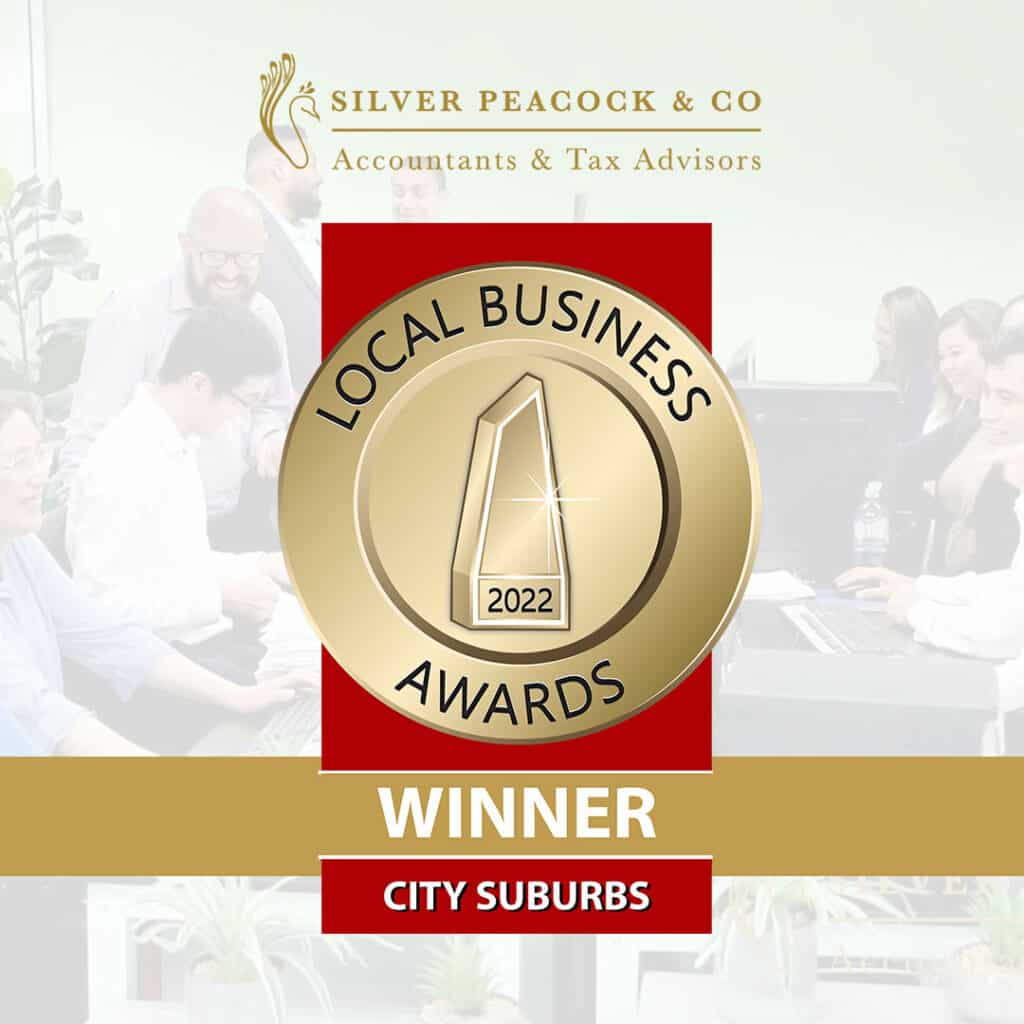What can a Tradies claim on Tax?

In some circumstances, tradies use their own money to pay for work-related expenses. As a result, they don’t get the most out of their hard work.
Understanding the tax deductions is undoubtedly worth it. But the rules vary between independent tradies and small businesses (whether you’re a sole trader, a partnership, or a company). Here, we aim to answer all your questions.
So, what can you claim on tax as a tradie?
For Small Businesses
Under the Temporary Full Expensing, you can apply for an immediate deduction on the cost of new or second-hand depreciating assets purchased from 7:30 pm AEDT on October 6, 2020 until June 30, 2020. Here are guidelines on depreciating assets.
The Temporary Full Expensing is available for businesses with an aggregated turnover under $5 billion.
If the assets were purchased before this period, you could still apply for deduction if the costs are less than the threshold amount. This is called Instant Asset Write-Off, and it has a threshold amount of $150,000.
An asset is eligible for Instant Asset Write-Off if it was first used or installed between March 12, 2020 and June 30, 2021. It should be purchased by December 31, 2020 by businesses with an aggregated turnover below $500 million.
The eligibility criteria for write-off may have changed over time. Check the eligibility of your business here.
Businesses with an aggregated turnover of $10 million from July 1, 2016, or only $2 million for previous income years, can use the simplified depreciation rules.
Some of the assets that may be immediately deducted from your tax include:
- a car (review annual car limits) or utility vehicle
- work lights
- toolboxes
- ladders
- drills
- concrete mixers
- nail guns
- high-pressure water cleaners
- computers (desktop, laptop, or tablets)
- protective clothing (e.g., high visibility vests and steel-capped boots)
- safety glasses and sunglasses for outdoor business activities
Record Keeping for Small Businesses
Any business must keep records of all transactions to substantiate tax claims. Remember that your records must clearly explain all transactions in writing—whether paper or electronic. These should keep for five years or longer.
Depending on your turnover and business structure, you might also need to keep records of fuel tax credits, Goods and Services Tax (GST), and documents relevant to your employees, contractors, and partners.
For Employee Tradies
You can enjoy a tax deduction for tools or equipment used for work. Here are some circumstances you should remember:
- If you use the tools and equipment for work and private purposes, you can only claim the work-related application.
- You can’t also claim a deduction if your employer provides the tools or equipment.
- If a tool or piece of equipment used for work costs $300 or less, it’s eligible for the immediate deduction of the entire cost.
- If the cost of a tool or piece of equipment exceeds $300, you can only claim it against the number of the year (depreciation).
For Protective Items
The government offers a deduction for protective clothing used to provide adequate protection from any risk of work-related activities. The risks should not be negligible or not inevitable.
These items include:
- High visibility vests
- Steel-capped boots
- Safety glasses
- Safety helmets
- Sunglasses
- Sunscreen
- Earmuffs
Transporting Heavy Tools or Equipment for Work
If you transport heavy tools or equipment from home to work, you can claim a deduction for car depreciation as long as they meet the following conditions:
- The tools or equipment are necessary for your specific employment duties.
- The size and weight of the equipment make it difficult to transport. Only the use of a motor vehicle can conveniently transport them.
- There is no available area for safe storage at your workplace.
For deduction claims on car expenses, you must:
- Update a valid logbook to keep track of the work-related use
- Calculate the work-related mileage using the cents per kilometre method. Note that car claims for employee tradies have a threshold of 5000 km.
Your motor vehicle is not considered a “car” if:
- It can carry one tonne or more (e.g., utility vehicle)
- It can transport nine passengers or more (e.g., minivan)
In these situations, you can claim a deduction for actual expenses related to work. These include:
- Fuel
- Break fluids
- Repair and maintenance
- Insurance
- Loan interest
- Registration
- Depreciation
“Always record your work-related actual expenses. It is also advised to show how you calculate work travel percentage. You can’t apply the cents per kilometre method for these vehicles that don’t fall under the car category.”, reminds Shane Perry, an equity business loans expert.
For Self Education
Most tradies don’t know that self education and higher learning costs are tax deductible. As long as the study is work related and the course satisfies set requirements, fees and other costs are tax deductible where the education results in a formal qualification that develops knowledge or skills for current and future employment. This could include Recognition of Prior Learning (RPL) or other courses.
Record Keeping for Employee Tradies

Employee tradies must keep receipts or any form of document that can support their claims. These must show the following details:
- Name of the supplier
- Australian Business Number (ABN) or Australian Company Number (ACN) of the supplier
- Cost incurred
- Nature of the goods or services
- Date of the transaction
What Can Tradies Claim on Tax Without Receipts
A receipt is not required for work-related expenses costing $10 or less, as long as the total claim for small costs doesn’t exceed $200. However, it’s still better to ask for a receipt for minor purchases. You should also keep a logbook that details the date, location, and amount and retain these records for at least five years.
Many other specifics are involved in a tax deduction, such as the date you purchased the asset, depreciation rate, and kilometre calculation. But having an idea of which expenses are eligible is helpful. To save resources and get the most claims possible, contact the taxation experts at Silver Peacock & Co.







As a Newbie, I am continuously searching online for articles that can benefit me. Thank you